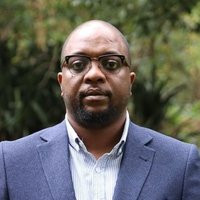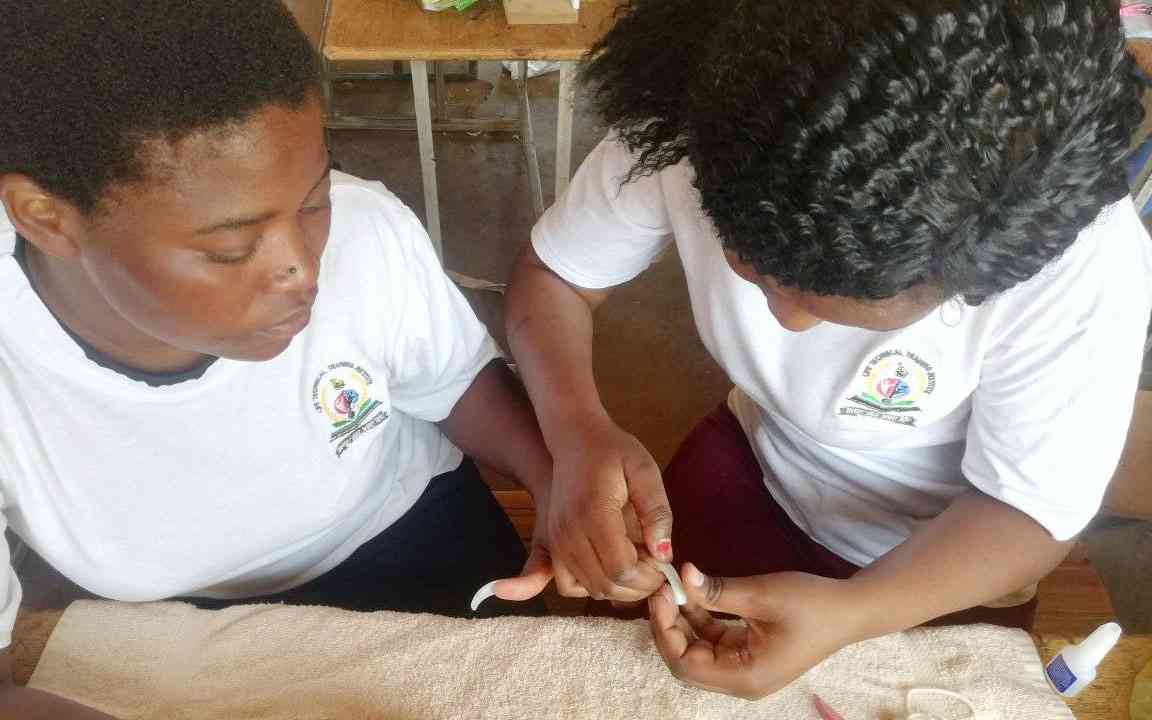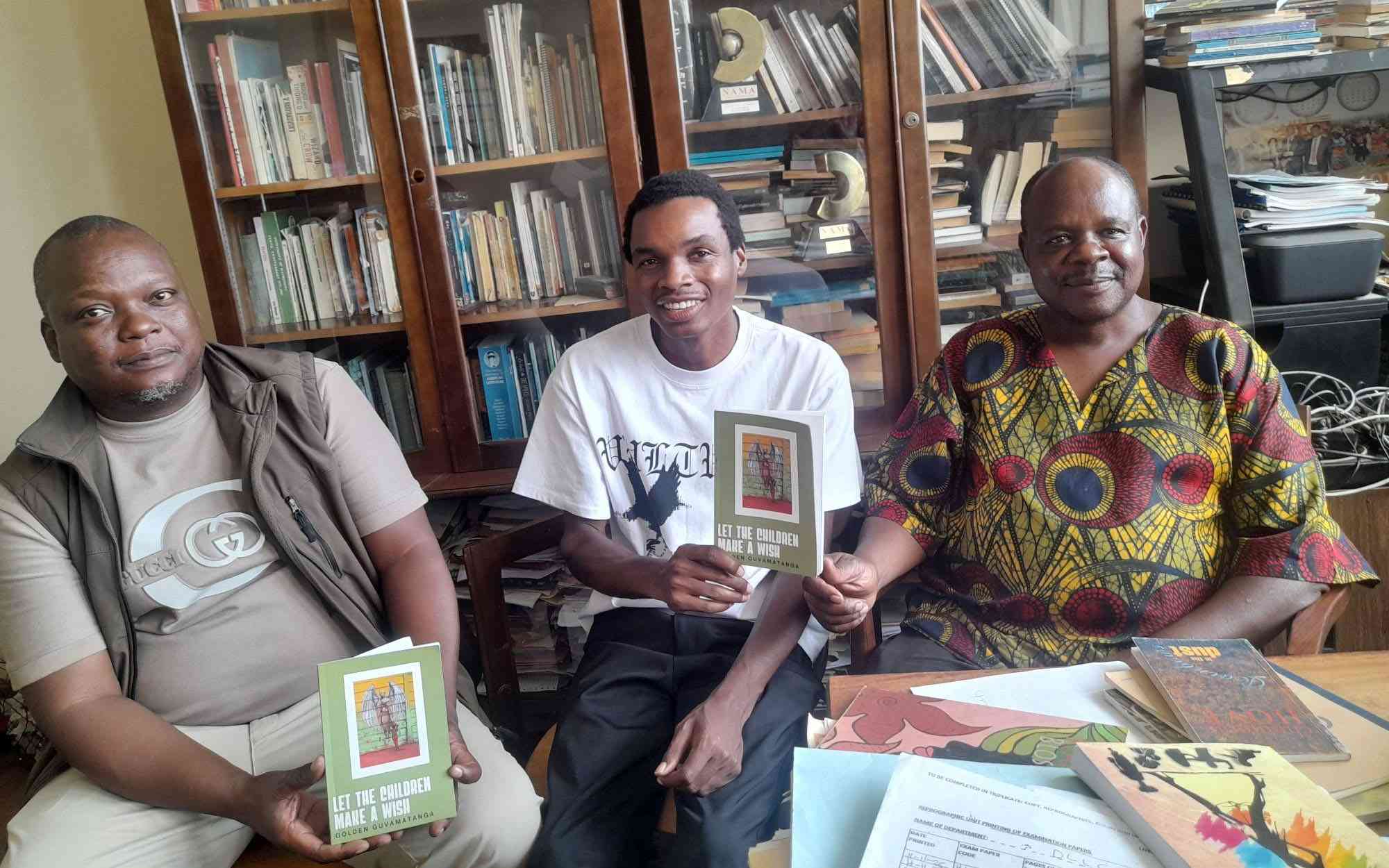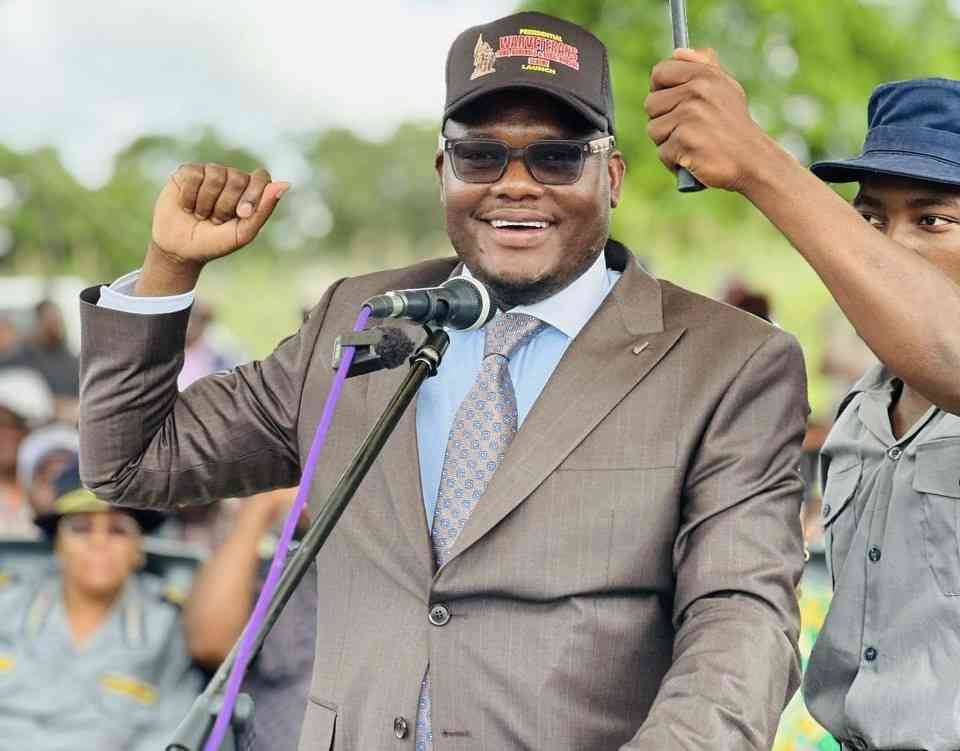
THE CONTINENT’S storytellers are set to gather for a vibrant hub of voices, visions, and narratives at the second edition of the Afrotellers Conference this month.
Scheduled for October 23–25 in Johannesburg, the conference will serve as a movement where communities reclaim their narrative power, challenge stereotypes, and imagine African futures on their own terms.
Running under the theme Our stories matter. Our voices are powerful. Together, we can shape the future! the event is hosted by Thrive Afrika and Wits University, with support from hubs in eight African countries.
Organisers have confirmed that preparations are flowing smoothly, expressing confidence that the goal of amplifying silenced voices will be achieved.
“The theme for this year’s edition captures the heart of a growing movement to reclaim narrative agency across the continent. It speaks to the urgency of centering African voices in shaping how we are seen, understood, and remembered,” said Thrive Afrika CEO, Willson Chivhanga.
Eastern Cape assistant director for Visual Arts, Craft and Design, Nkosana Sihlahla, echoed similar sentiments, stating that their department will support representatives from the province, as the platform offers an opportunity to challenge distorted beliefs and cultural misconceptions.
“Our province will support some of the creatives to be part of Afrotellers. I don't know how many we’ll be able to support, but there will be representation from our artists because they have stories to tell through their art and artifacts,” Sihlahla said.
He expressed concern over the department’s struggle to preserve Eastern Cape’s culture, noting that the aging and passing of elders is resulting in the loss of traditional skills. He hopes the conference will reignite their cultural preservation mandate.
- Re-imagining the workplace: There is hope for the Engineer
- Re-imagining the workplace: The Kingdom of the workplace is for such as these
- Re-imagining the workplace: Elections, politricks and the worker
- Re-imagining the workplace: Lessons for the workplace from the arts
Keep Reading
“As a department, we're supposed to be preserving the culture of the Eastern Cape — that’s our main objective. We had elderly people who practiced indigenous crafts that portrayed our province’s diverse cultures. Now, those people are aging and dying, leaving no skills behind.”
“We have new designers emerging from institutions who are trained in fashion. They’re competing with indigenous styles and introducing new innovations,” he added.
Sihlahla lamented the cultural erosion caused by this shift, particularly in traditional women’s clothing that once signified marital status.
“Our artifacts used to reflect age and social status. For example, garments worn by women had stripes at the bottom called braids, which represented the years a woman had spent as a wife. Now, new designers place those lines from the ankles to the waist, across all age groups. These are the things we need to address and correct through Afrotellers.”
Director of Signature Suits in Zimbabwe, Robert Mpofu, emphasised the importance of supporting African storytellers, noting that storytelling takes many forms — including fashion.
“Our role is to celebrate and support the powerful voices of African storytellers. We believe storytelling isn’t only spoken or written; it’s also expressed through presence, identity, and how one carries themselves. Fashion is a narrative, and through our work, we help people tell their stories with pride.”
Signature Suits specialises in providing high-quality, affordable suits designed to empower individuals to present themselves with confidence and excellence in every space they occupy.
“By showcasing suits tailored for today’s African professional, dreamer, and leader, we hope to reinforce the narrative that Africa is a continent of dignity, creativity, and ambition,” Mpofu said.
“For us, this is more than clothing—it’s about creating a platform where Bulawayo’s storytellers and young leaders can step forward, looking and feeling the part, ready to share their journeys with the world.”
He also revealed that the organization will sponsor a Bulawayo artist to attend the conference and share their perspective.
Narratives from Malawi, South Africa, Kenya, Ghana, Nigeria, Democratic Republic of Congo, Lesotho and Zimbabwe will be represented, with contributions from musicians, designers, photographers, filmmakers, scholars and other storytelling realms.











